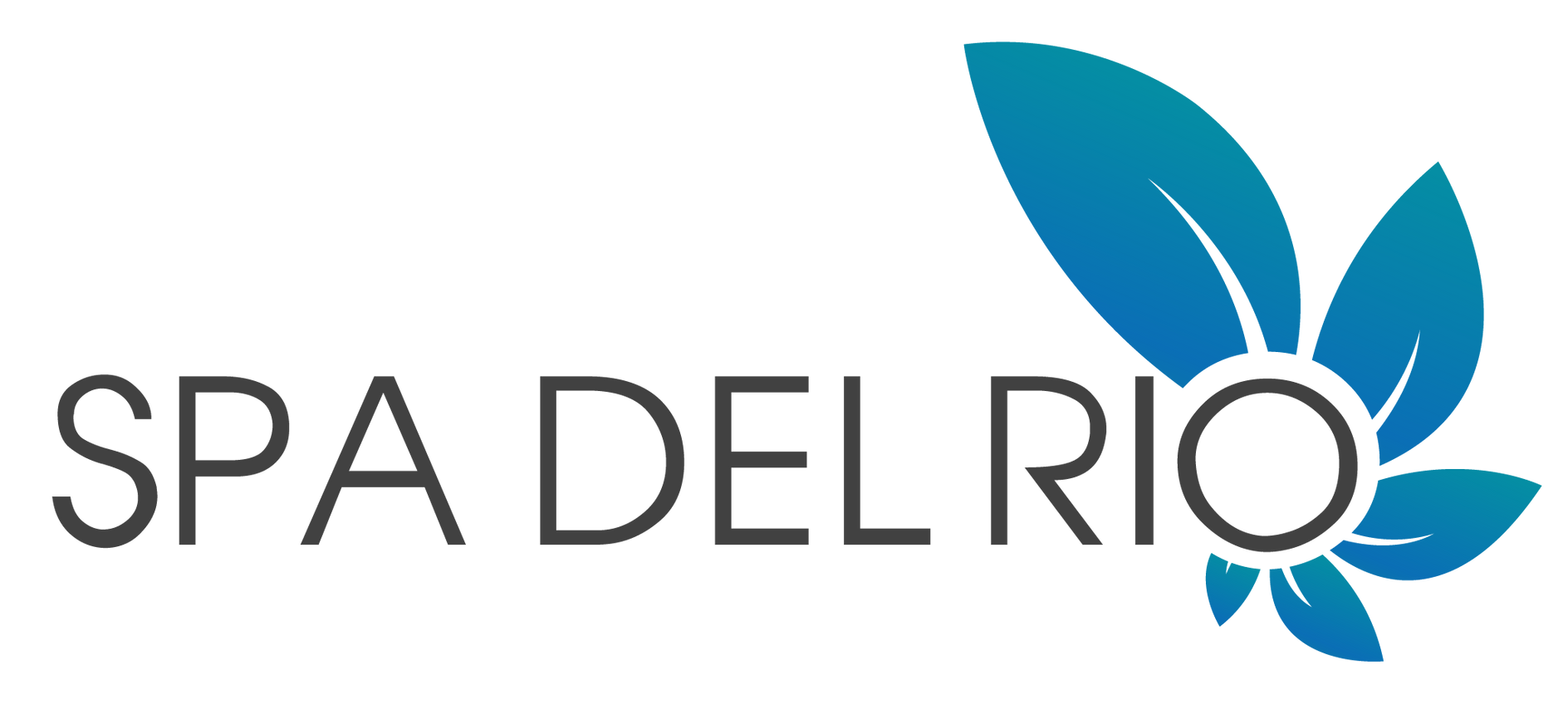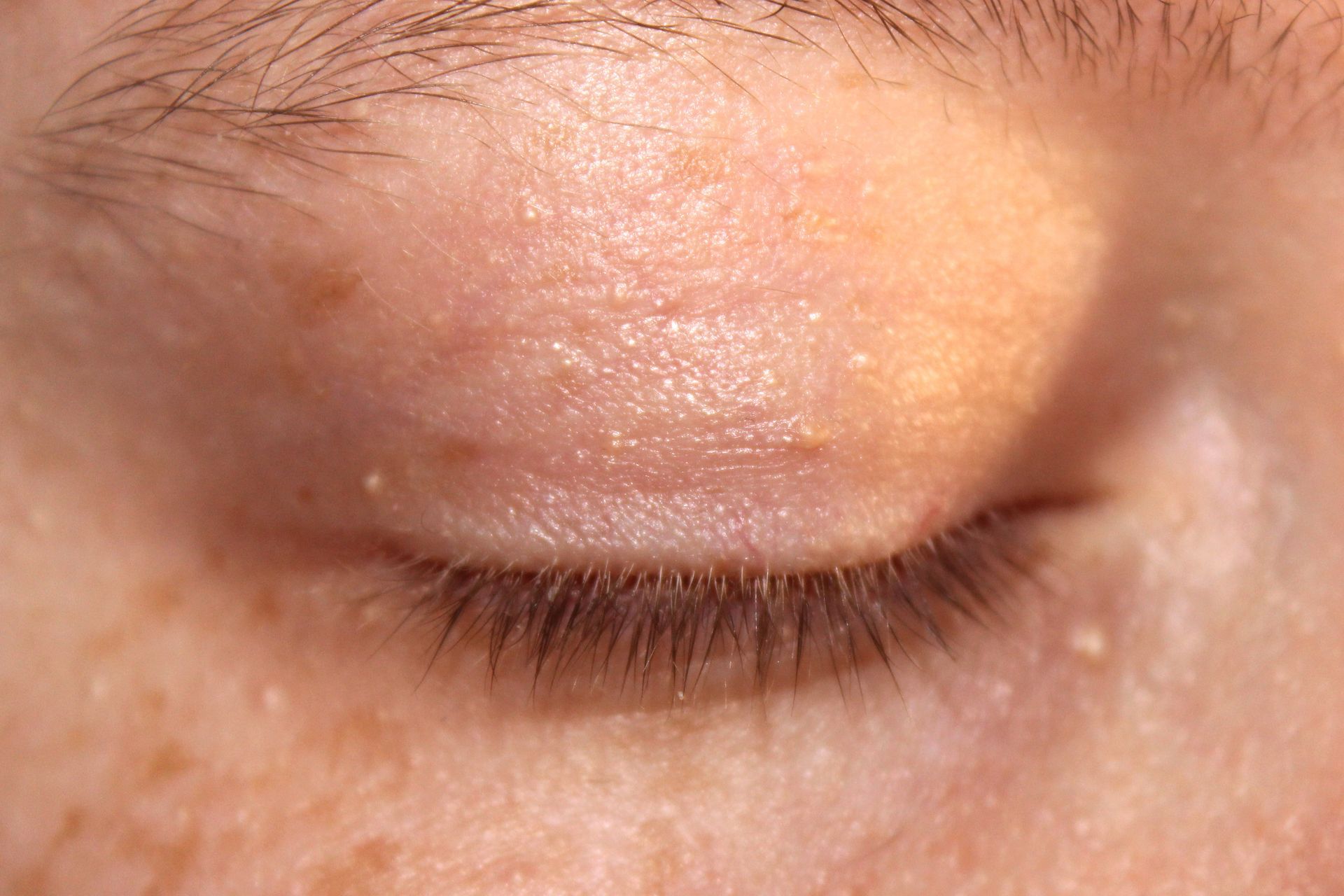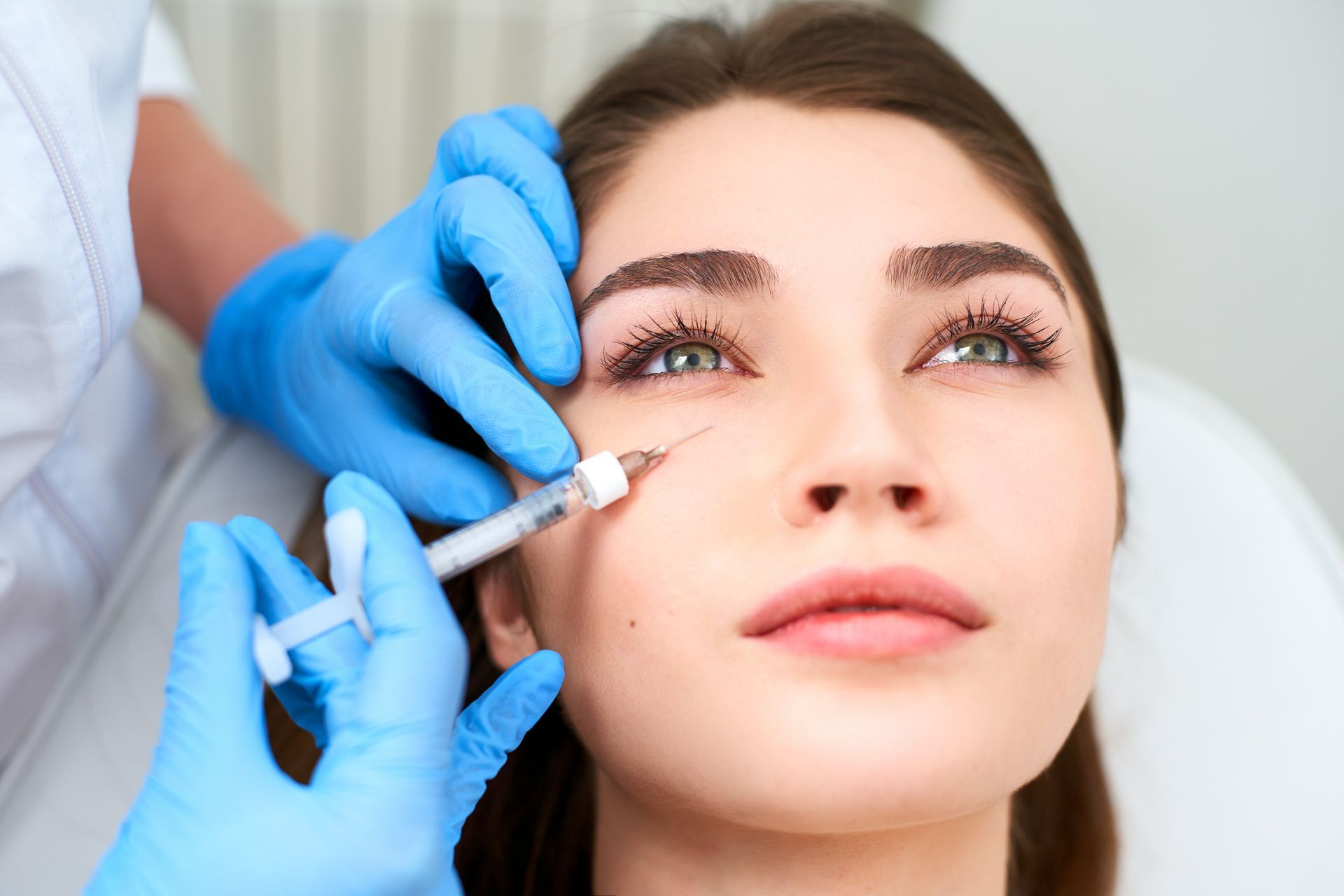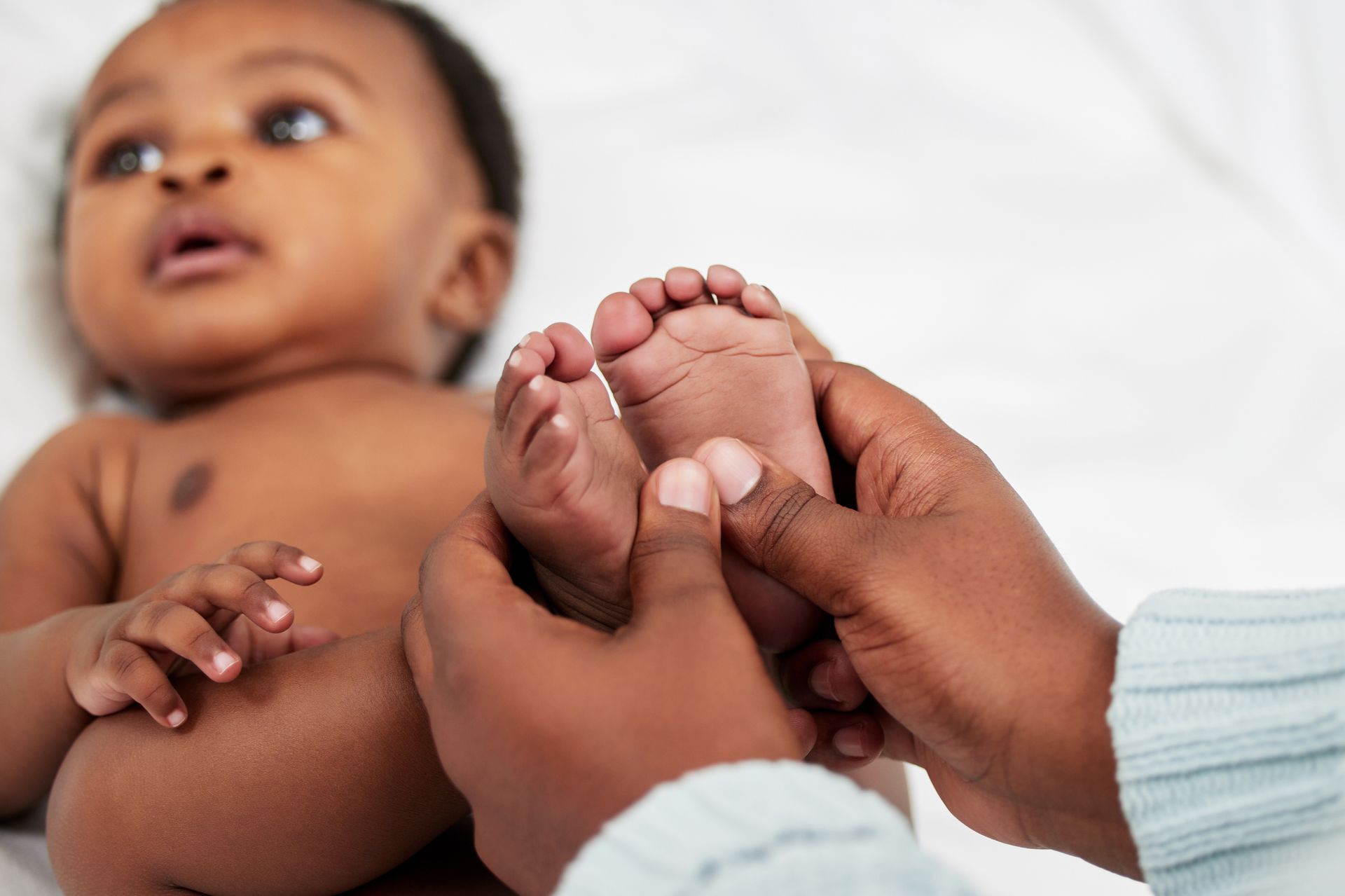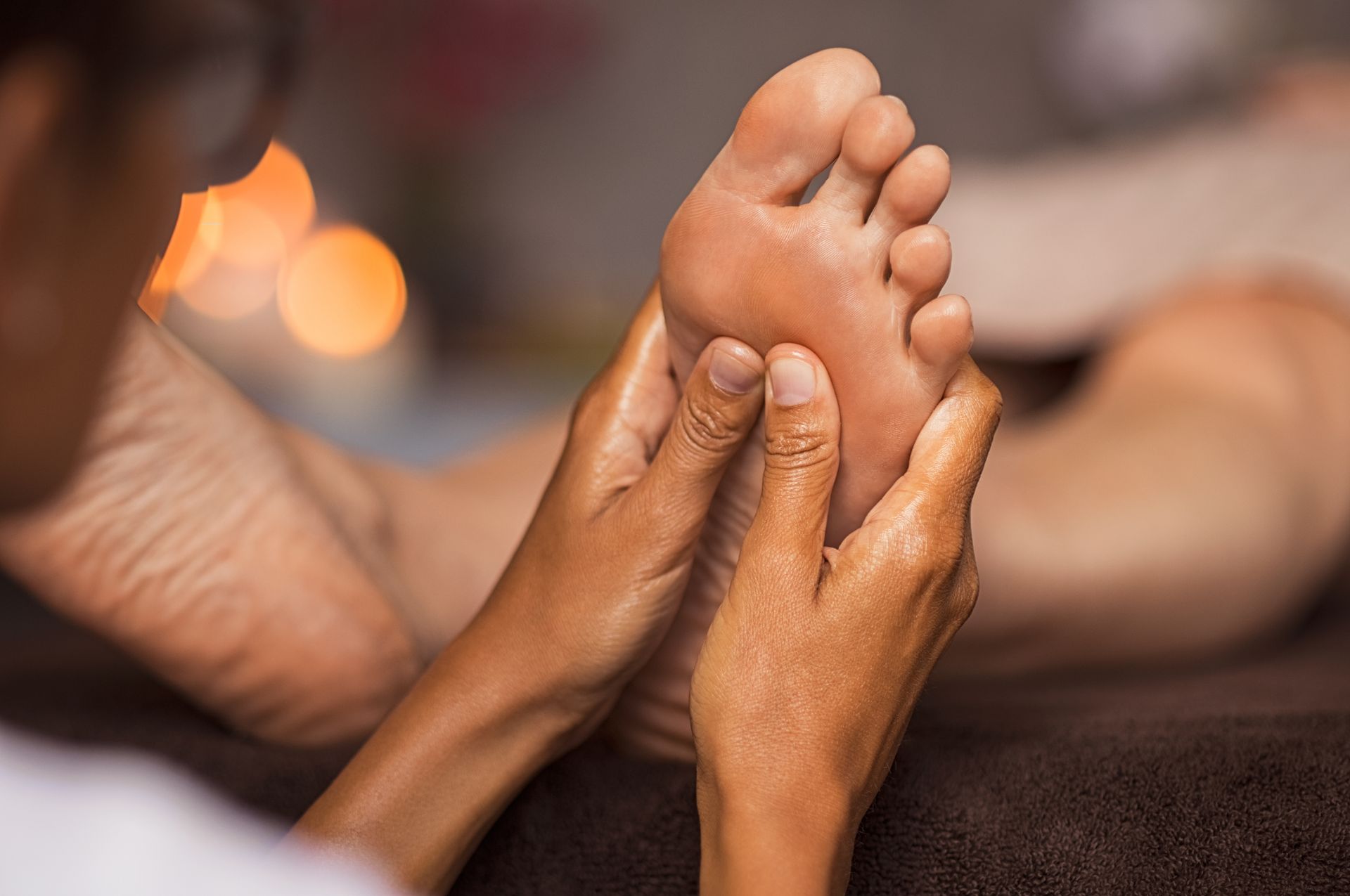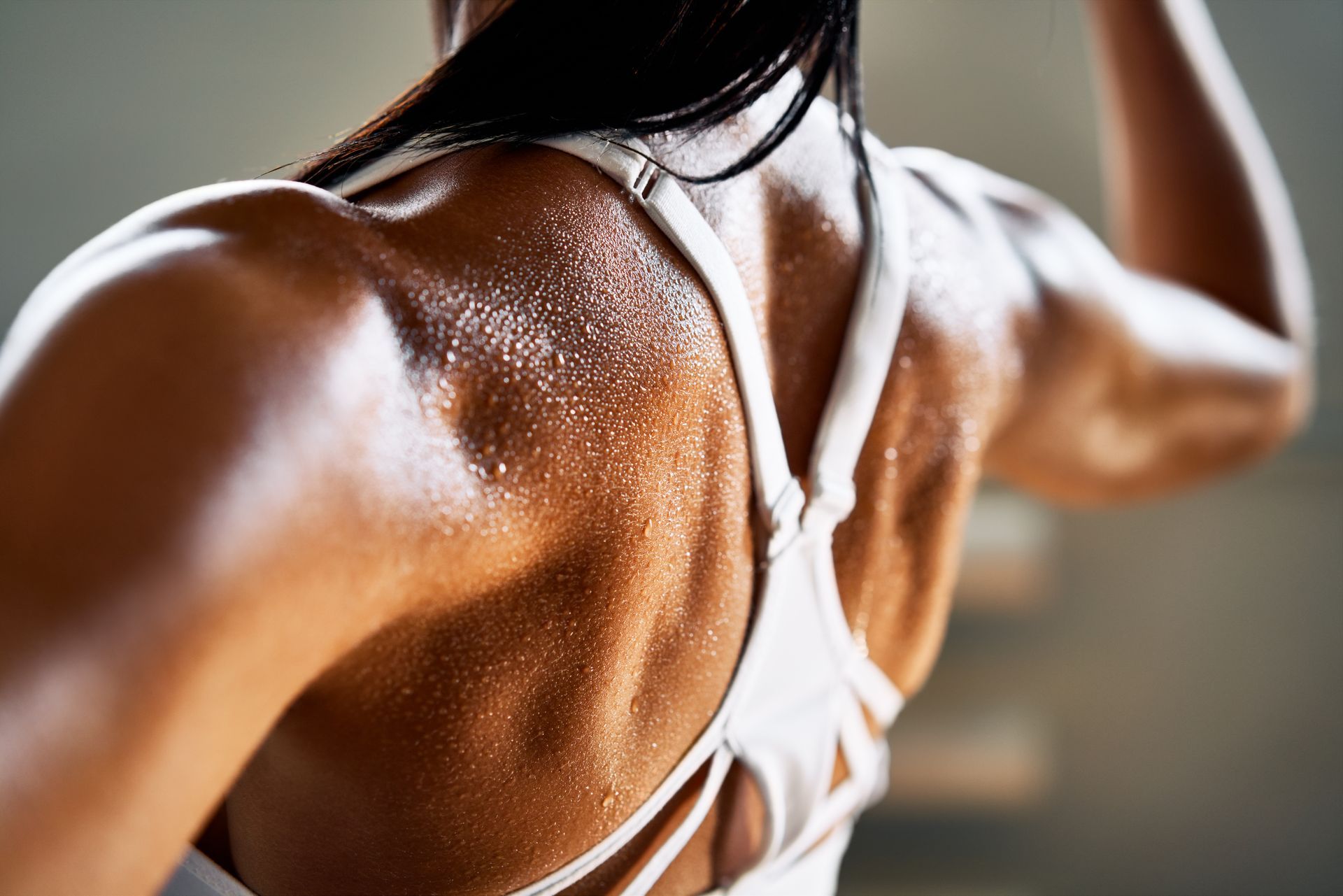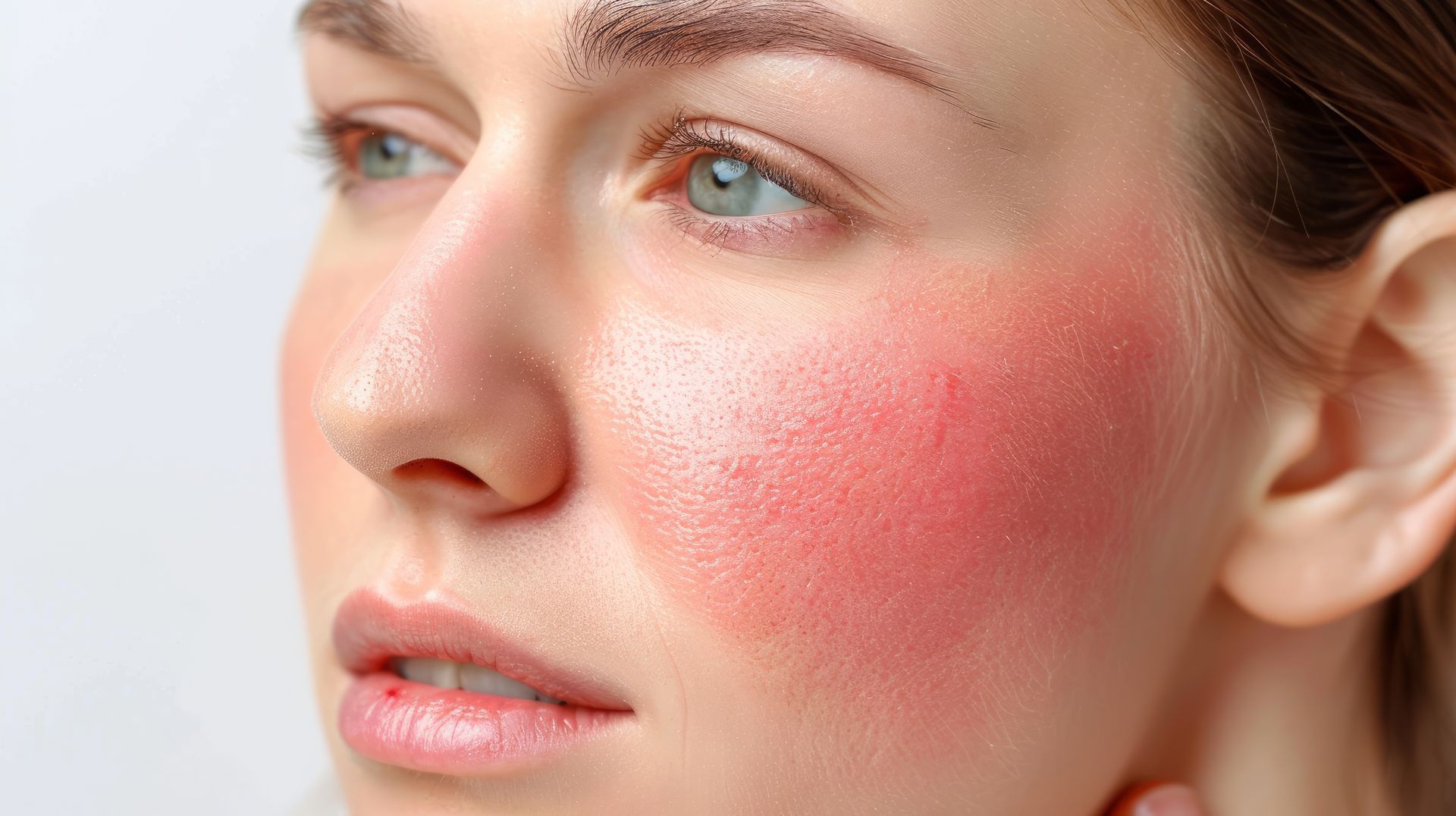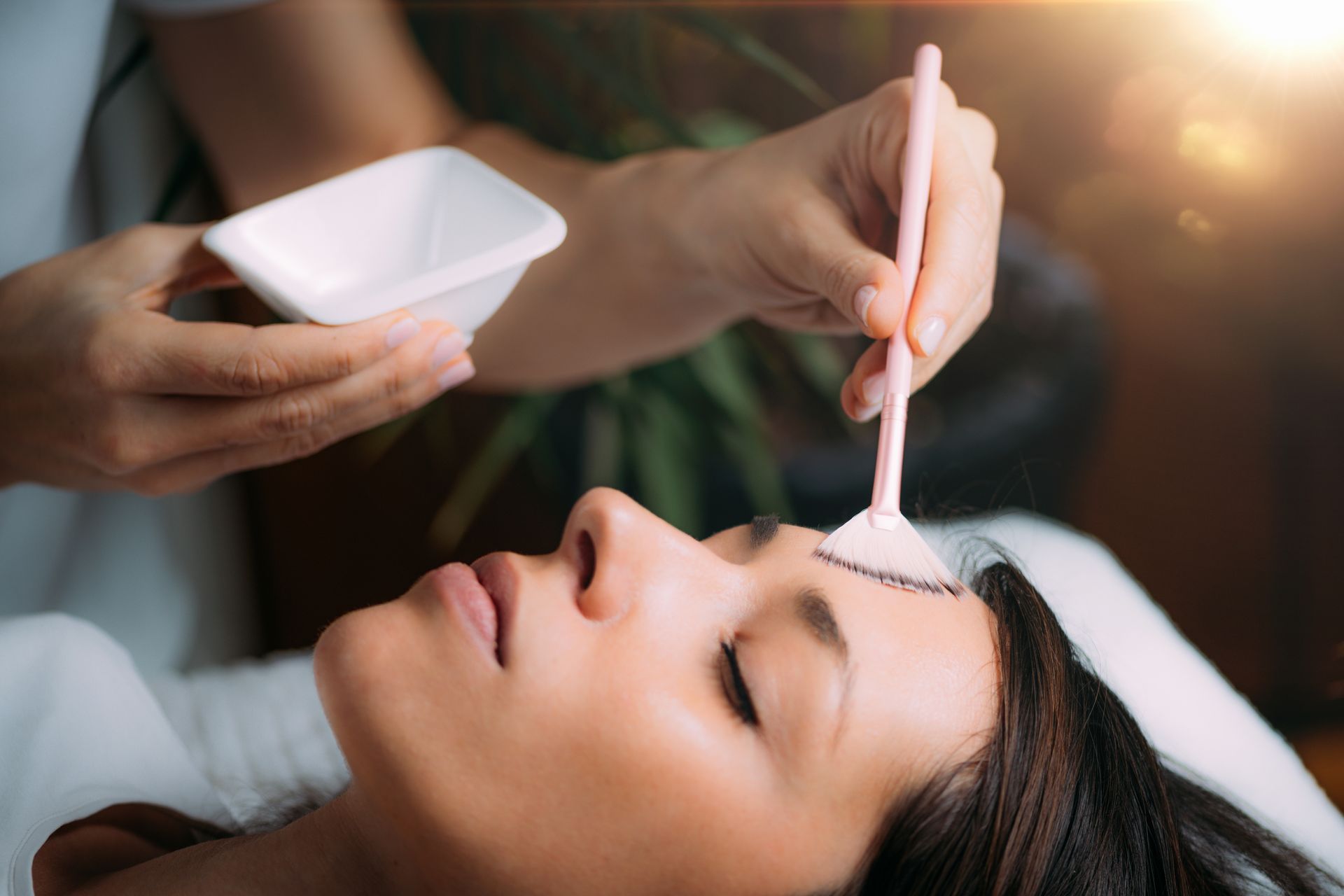Proper Massage Etiquette: Key Tips for Clients
When receiving a massage, it's essential to be mindful of proper etiquette to ensure a comfortable and respectful experience for both the client and the therapist.
Personal Hygiene
One of the key aspects of massage etiquette is personal hygiene. Arriving clean for your appointment shows respect for the therapist who will be working closely with your body. It’s not necessary to shower beforehand, but things like arriving with dirt or sand on your feet, bad breath, bad body odor, strong perfumes, or colognes can be overwhelming in a small treatment space.
Proper Exfoliation
Proper exfoliation is another important consideration. Failing to ever exfoliate or scrub your back and neck can result in excess dead skin coming off during the massage. For the massage therapist, this dead skin sticks to their hands, which is unpleasant and disruptive to the session.
Respecting Professional Boundaries
Respect for the therapist's professional boundaries is also paramount. It's inappropriate to ask personal questions that make the therapist uncomfortable or to engage in conversations that are overly intimate. The focus should remain on the treatment and the therapeutic benefits it provides.
Undressing Etiquette
Undressing should be done after the therapist leaves the room to ensure privacy. It is also important to get under the provided sheets rather than laying naked on top, as this respects the therapist's comfort and maintains the professional nature of the massage.
Menstrual Period Considerations
For women on their period, receiving a massage can be beneficial. However, it's important to be well-protected with a reliable sanitary product to prevent leakage and maintain cleanliness. Consider wearing a sanitary pad as extra protection. These measures ensure comfort and respect for both you and the therapist.
Avoiding Massage When Sick
Coming in for a massage with flu-like symptoms is inconsiderate to your therapist, other clients, and unsafe for you. You risk spreading illness in a close-contact environment, and a massage can worsen your symptoms by spreading the infection more rapidly. It's best to reschedule until you're fully recovered, ensuring a safe and healthy environment for everyone.
Avoiding Intoxication
Coming in for a massage while intoxicated is inappropriate and unsafe. It makes the session uncomfortable for the therapist and impairs your judgment and coordination. Intoxication can dull sensations, making it hard to provide feedback, and can affect blood pressure and circulation, leading to adverse reactions. Avoid substances before your appointment to ensure a safe and respectful experience.
Asking for Guidance
If unsure about any aspect of the process, asking for guidance is always better than making assumptions that might lead to discomfort or misunderstanding. Being considerate of these aspects ensures a positive and respectful massage experience for both parties involved.
